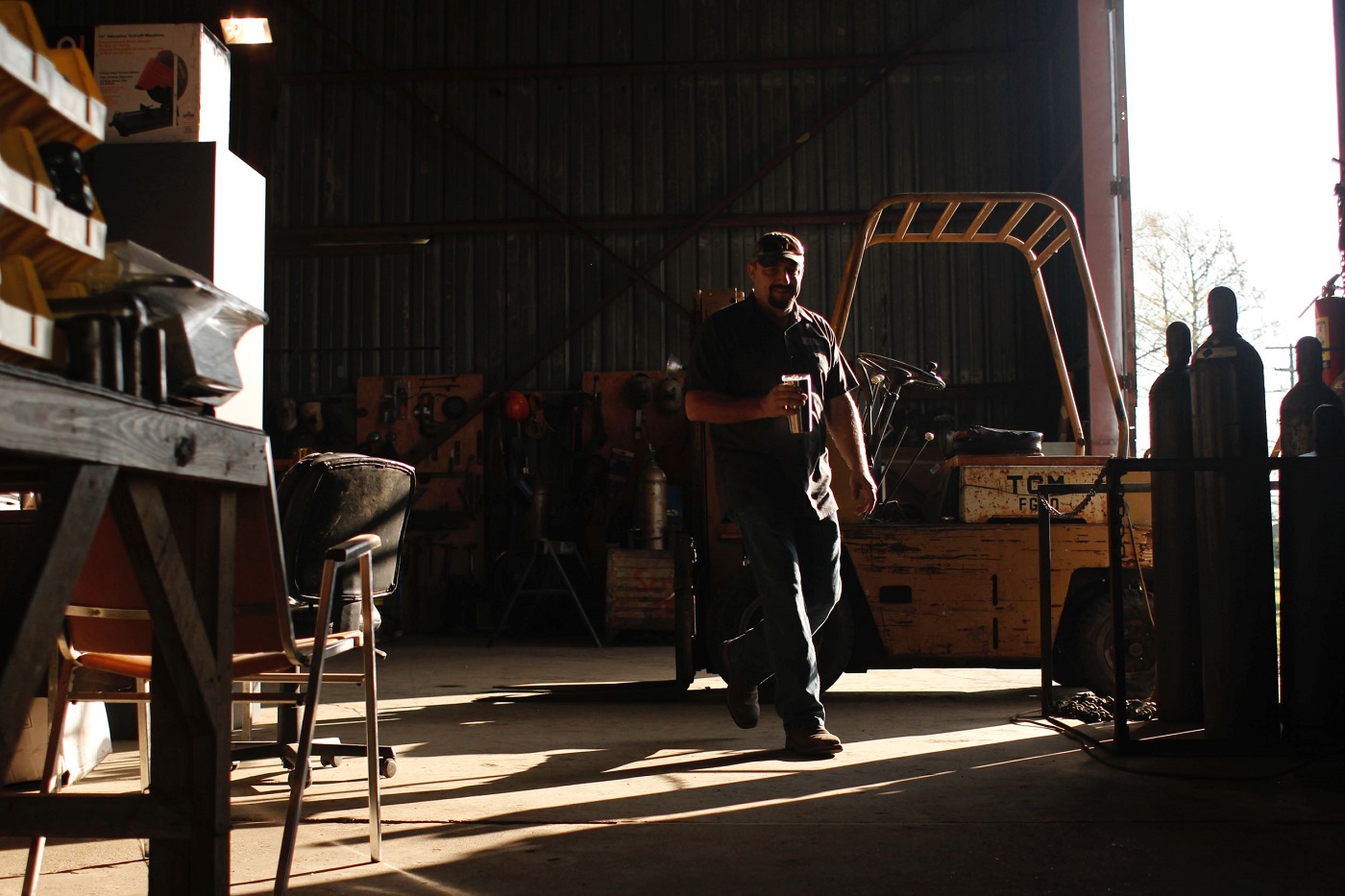For the ninth year, ISRI is participating in National Forklift Safety Day, an event organized by the Industrial Truck Association. Operating a forklift is not as easy as driving a regular vehicle. In 2019, forklift related accidents accounted for 79 fatalities and 8,140 nonfatal injuries according to the National Safety Council. Those numbers are less than 20 years ago, when the council reported there were 100 fatalities and 20,000 accounts of serious injuries.
Newer technology and the implementation of safety standards have helped. Statistics show that the over number of forklift related injuries varies from year to year. According to the Industrial Truck Association, tip-overs and being crushed by the vehicle are the most common serious injury and fatality (SIF) accidents associated with forklift operations.
“Seat belt use is probably the most important thing with forklift operations,” says Jerry Sjogren, ISRI senior director of safety. “Another thing to remember is that forklifts are built on a three-point suspension system called the ‘stability triangle’ that operators must stay within to prevent it from tipping over.” He advises to drive with the load tilted backwards and keep forks as low as possible to increase stability.
The Occupational Safety and Health Administration has regulations governing safe operation of forklifts. Here are a few tips for maintaining forklift safety:
- Get certified before operating a forklift.
- Wear proper clothing including safety shoes, vest, and a hard hat.
- Know the forklift class and capacity.
- Inspect the equipment daily.
- Maintain 360-degree visibility.
- Employ a floor marking system with separate lanes for pedestrians and forklifts and identify hazards or emergency equipment.
- Never carry extra people.
- Secure your loads and yourself.
- Go slow and maintain a safe distance from other machinery.
- Keep body parts clear of the mast, load, or attachment.
Employers should evaluate workers’ performance at least every three years and supplement training with talks, videos, software training, and demonstrations. In addition to training, recyclers can ensure worker safety by providing proper maintenance on forklifts, maintaining a clear and obstacle-free workplace environment, and building a strong safety culture. Addressing these issues can help prevent forklift accidents and improvement safe practice in the workplace.
Beyond regular safety training and reminders, some companies have developed customized applications to help in real time. Salt Lake City-based metal recycler Metro Group Inc. operates four large forklifts. The company has a computerized tool for preventing tip-overs that allows operators to enter the weight of each bundle they are about to load to see if it matches a particular forklift’s capacity.
“You can adjust it, because what you lift changes,” says Lee Twitchell, Metro Group safety manager. “You just have to be able to enter numbers. At the end [the tool] goes back to neutral.”
ISRI offers several resources on forklift safety here. Contact Sjogren for more information on forklift training at (202) 662-8519 or email.
Photo courtesy of Rex Roberts on Unsplash.
Additional Resources













